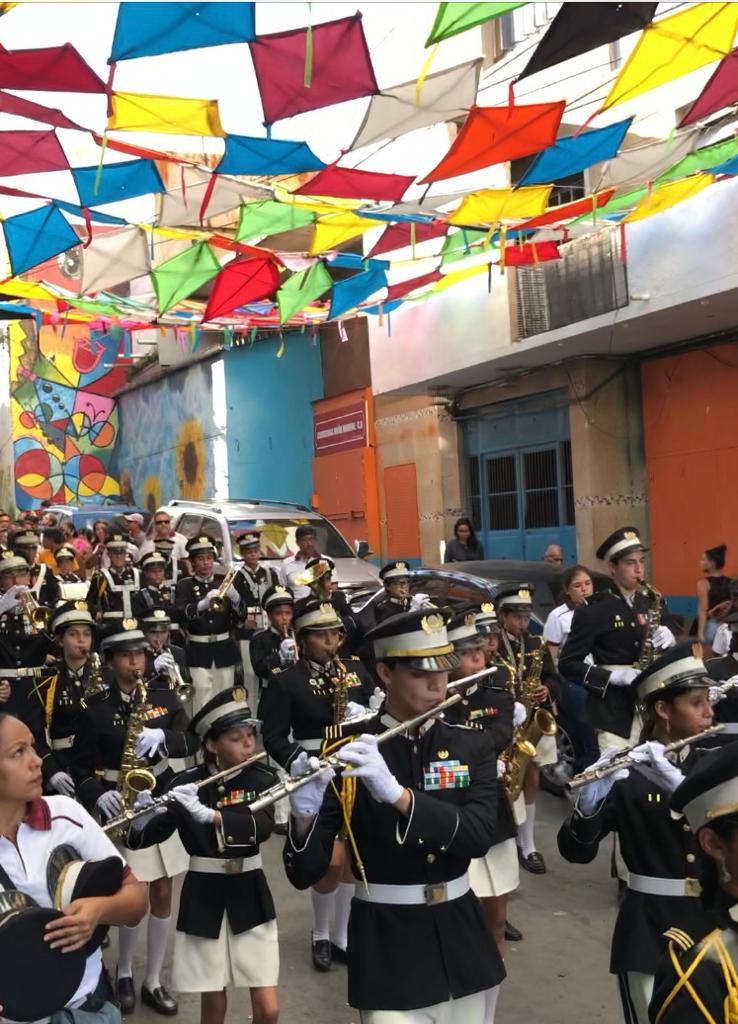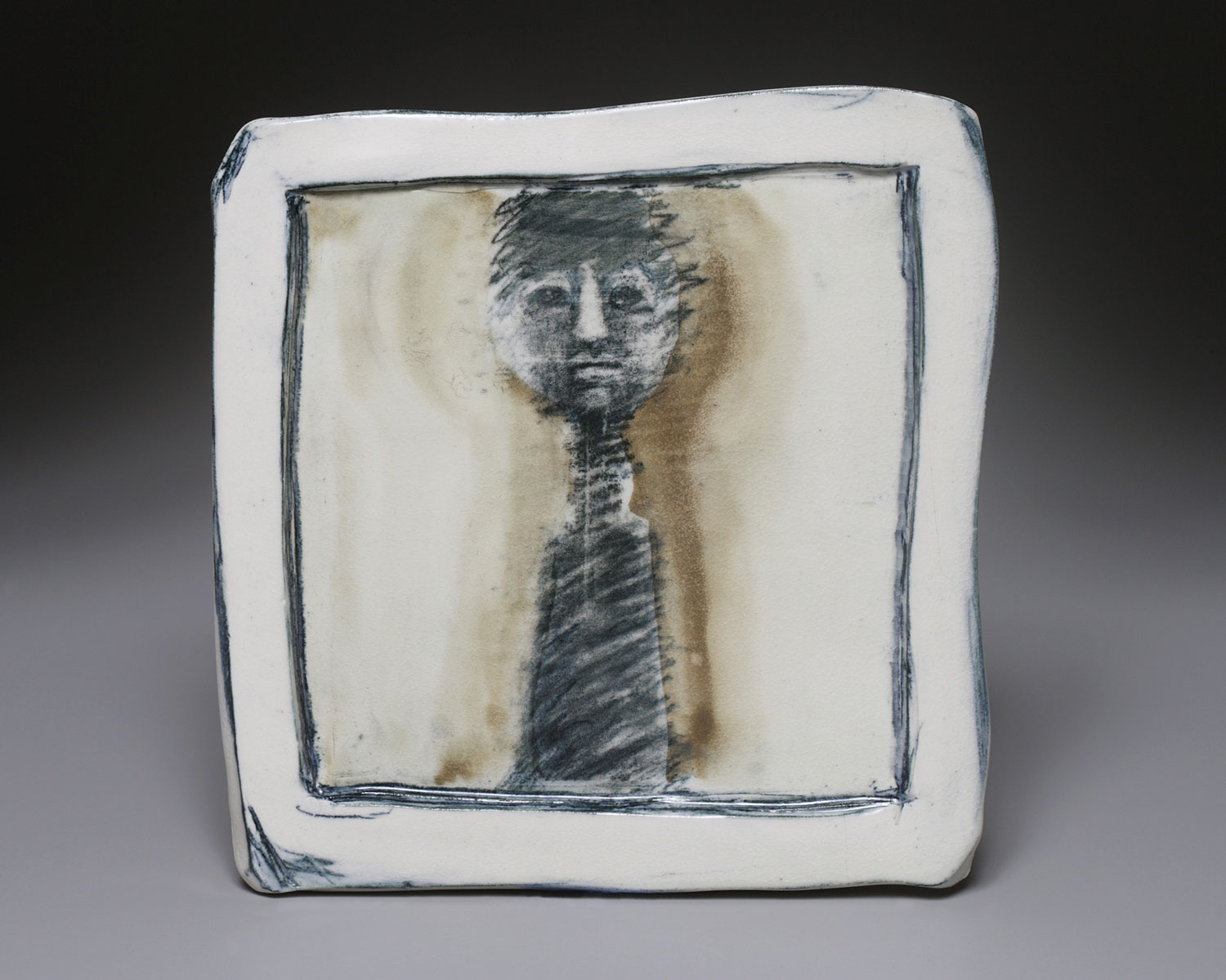

Jo: You started on piano, when did you begin to play the bass and what drew you to that instrument? All of us would get together in a car and race to New York to catch the last set in the clubs in New York, running up the turnpike and then getting back in time to go to our classrooms at high school in school in the morning. There were times when I was in Philadelphia, when I was becoming more involved with music. We kept going, going, going and expanded beyond Philadelphia and most of us, as we grew, came to New York. Reggie: We're right down the street from New York and New York is the mecca where everyone comes to hone their craft, to prove themselves, to join the-the music community. Jo: But, Reggie also notes there’s also practical reasons for Philadelphia’s prominence in jazz. So, it was kind of a cry out to the people who said, "We have a story to tell and we'll do it through music." It-it is amazing, you know, one thing is partially what's in the water and partially what's in the community and partially what's in our DNA as far as having something to say, where in the past it was not really listened to or adhered to or even allowed. It just goes on and now Christian McBride, it's just amazing. Jo: You know, Philadelphia, it's like, I wonder what's in the water there? There are so many musicians who came out of Philly, you were friends with Lee Morgan and John Coltrane and Benny Golson.

So, it was only natural that my parents said "Okay, you got to go take piano lessons." So, I went to downtown to the department stores to take Saturday lessons all the time and that was the beginning of music career for me. Reggie: The community is so important musically, there was music all around me. His parents had some interest in music, but with 15 children their main concern was making ends meet and putting food on the table. Reggie Workman’s career goes back a long, long way, straight into the Philadelphia neighborhood where he was born and raised. I am truly just scratching the surface of the career of this 2020 NEA Jazz Master. Some of the students he has worked with are now well-known jazz artists in their own right like Lakeisha Benjamin, Robert Glasper and Roy Hargrove.

He’s known as a committed mentor to his students, sharing gigs and bringing them into projects. Since 1987, Reggie Workman has been a professor at The New School’s College of Performing Arts in New York City. He’s also worked in collaborative groups, like The Super Jazz Trio with pianist Tommy Flanagan and drummer Joe Chambers, and Trio 3 with saxophonist Oliver Lake and drummer Andrew Cyrille. Reggie also had his own groups, the Reggie Workman Ensemble and Top Shelf. Reggie Workman was a member of two of jazz’s most important groups the John Coltrane Quartet and Art Blakey’s Jazz Messengers.

He’s performed with Yusef Lateef-becoming part of his group, as well as with Butch Morris, Roy Haynes, Cecil Taylor, David Murray and many, many others. I don’t have the time to list everyone here, but some of the people he’s recorded with include Max Roach, Archie Shepp, Lee Morgan and Abbey Lincoln.
REGGY FORMAN FREE
He was the go-to bassist at Blue Note Records in the 60s and early 70s, because the man can play in any style from avant-garde to mainstream to free jazz to the American Songbook. It would be pretty tough to name a jazz great who has not played with Reggie Workman. And this is Art Works, the weekly podcast at the National Endowment for the Arts. Jo Reed: You’re listening to bassist and 2020 NEA Jazz Master Reggie Workman. Reggie Workman improvising live at The New School 12/19


 0 kommentar(er)
0 kommentar(er)
